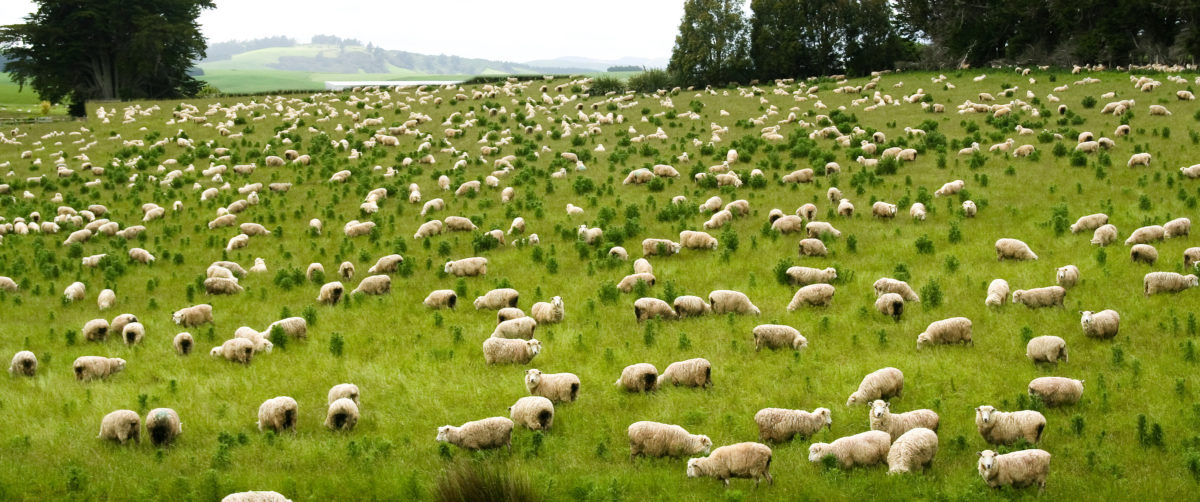Lincoln Agritech, a research and development company owned by Lincoln University, has received $290,000 in government funding to create biodegradable wool-based PPE masks for the COVID-19 pandemic response.
The 18-month research programme is using patented technology from the Wool Research Organisation (WRONZ) to change the physical format of the fibre and improve its absorption and virus-neutralising properties, making the masks both highly effective and environmentally sustainable.
The resulting products will reduce dependence on overseas producers, particularly during high-demand pandemic events, as well as decreasing the environmental impact of PPE use.
Funding for the programme comes from the $13.57m COVID Innovation Acceleration fund (CIAF), announced by the Ministry of Business, Innovation and Employment (MBIE) in March as a means of boosting New Zealand’s ability to respond to current and future pandemics.
Dr Rob Kelly, New Materials Group Manager at Lincoln Agritech, said that wool was an ideal material for the filtration and binding needed to develop PPE, but its coarse structure could present limitations.
“This research will use newly-developed technology that completely changes the physical form of the wool fibre, creating the light, paper-like membranes that look and feel much more like the PPE masks we typically see mass produced.”
Dr Kelly said the new format also enhanced the absorbency and binding properties of wool, making the fibre even more suitable for PPE use.
“Achieving this with an abundant, sustainable material seemed an appropriate way for New Zealand to respond now and prepare itself for the future.”
Lincoln Agritech has established its wool research and product development capability over several years of partnership with the wool industry through WRONZ, Wool Industry Research Ltd (WRONZ’s research subsidiary) and MBIE.
The programme is consistent with WRONZ’s strategic intent for the crossbred wool industry to establish new markets in areas not previously accessible to wool, due to constraints on physical structure, price, or performance.
Lincoln Agritech will work closely with WRONZ and local manufacturers, including Christchurch-based FibreTech, with assistance from Auckland filter experts, Lanaco.
Source: Lincoln University












